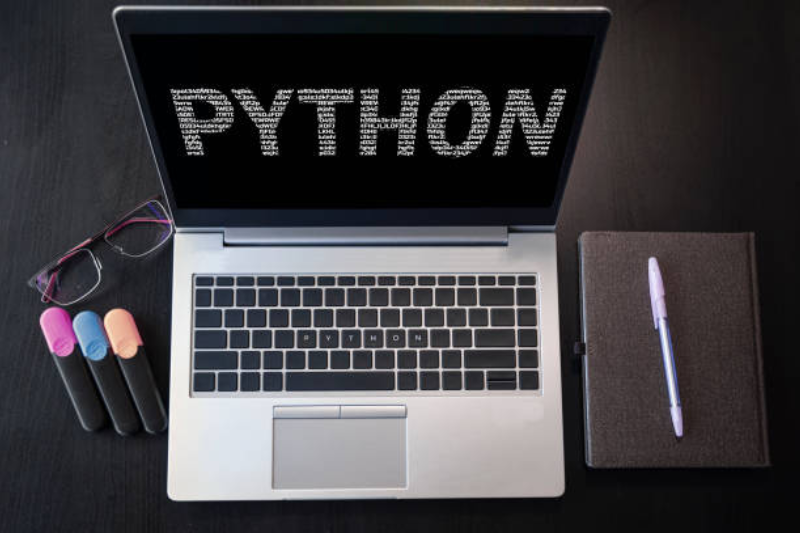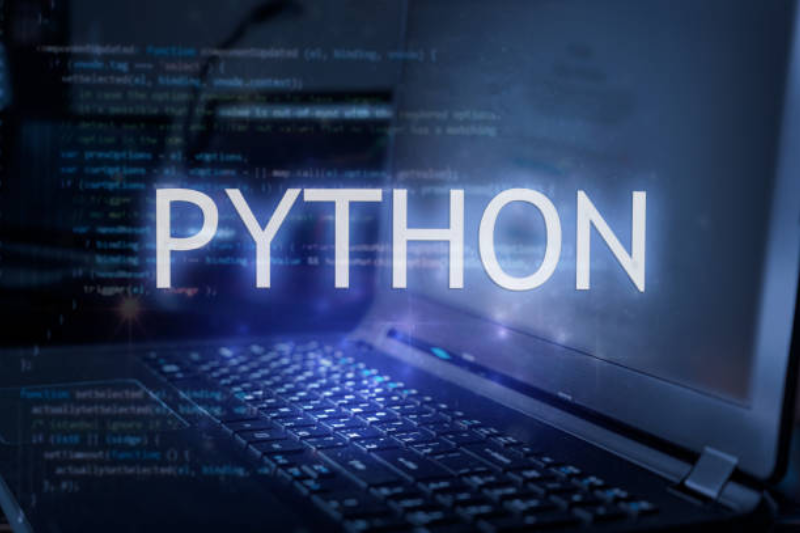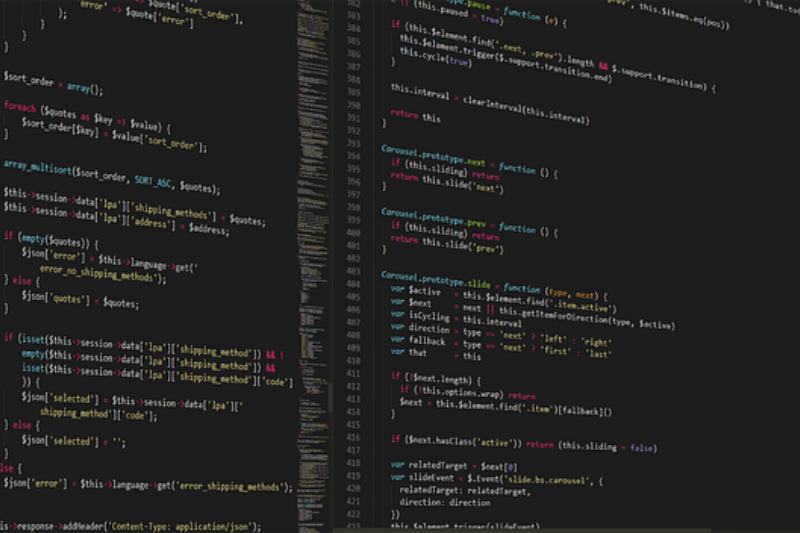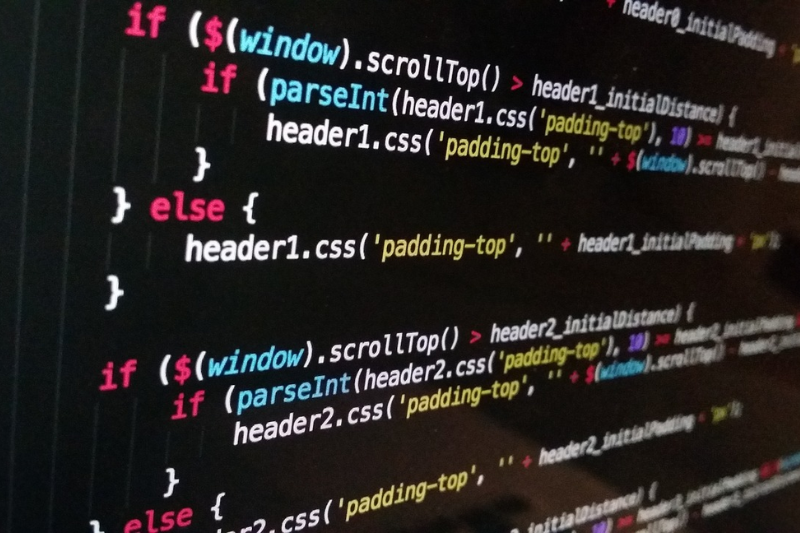This program enables participants at the end of both lessons to be able to use the Python programming language to operate databases, concurrencies, and use protocols for data access.
Aimed at
- IT professionals in a variety of disciplines who need to perform essential Linux administration tasks, including installation, establishing network connectivity, physical storage management, and basic security administration.
Duration
40 hours

Modalities
- On-site
- Virtual live through digital platforms
- On site
Includes
- 40 hours of training
- Trained instructors
- Participant's manual in digital format
- Proof of participation
Agenda
- Architecture
- Invoking the interpreter
- The interpreter and his environment
- Source code coding
- Numeric data types
- Character strings
- Lists
- Introduction to programming
- The if statement
- The sentence for
- The range() function
- The break, continue, and else statements
- The pass sentence
- Functions
- Lambda expressions
- Lists
- Using lists as stacks
- Using lists as queues
- List comprehension
- Nested comprehension lists
- The instruction of the
- Tuples and sequences
- Sets
- Dictionaries
- Iterations
- Names and objects
- Contexts and namespaces
- Class definition syntax
- Class objects
- Instance objects
- Objects method
- Class and instance variables
- Heritage
- Private variables
- Generators
- Generating expressions
- Introduction
- Lessons as scripts
- Standard lessons
- The dir() function
- Packages
- Internal references in packages
- Packages in multiple directories
- String operators
- Concatenate
- Duplicate
- Conversion
- Replacement
- Escape sequences
- Regular expressions
- Lessons math and cmath
- Lesson operator
- Lesson fractions
- Decimal Lesson
- Lesson gmpy2
- Lesson array
- Extensions for numerical calculations in arrays
- Lesson time
- Datetime lesson
- Lesson pytz
- Lesson dateutil
- Lesson sched
- Lesson calendar
- Formatting
- String formatting
- Reading and writing files
- File object methods
- Saving structured data with json
- Syntax errors
- Exceptions
- Handling exceptions
- User-defined exceptions
- Predefined actions
- Introduction
- Creating Virtual Environments
- Handling packages with pip
- Interface to the operating system
- Command line arguments
- Error output redirection and program termination
- Data compression
- Batteries included







